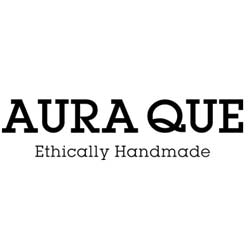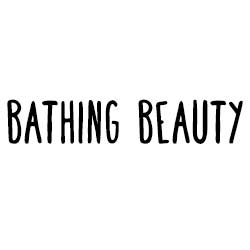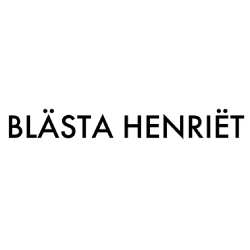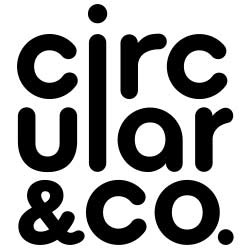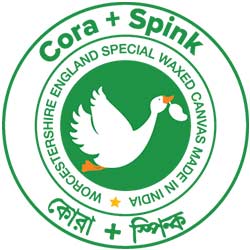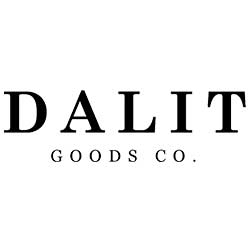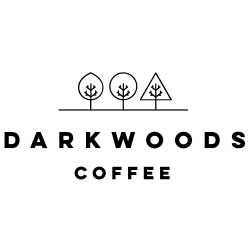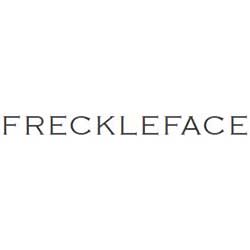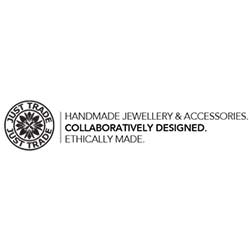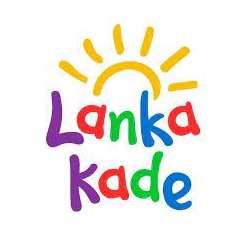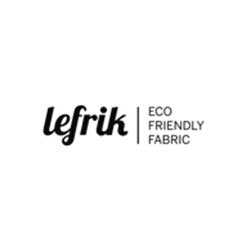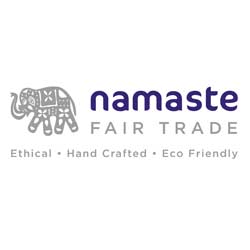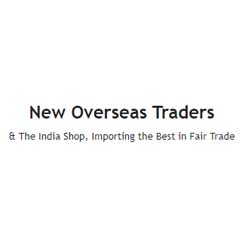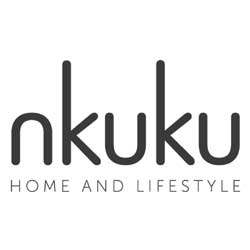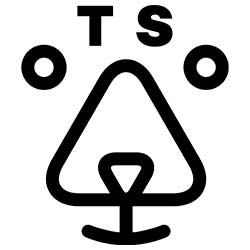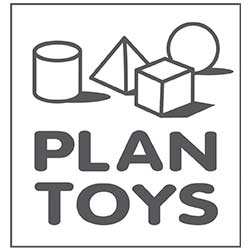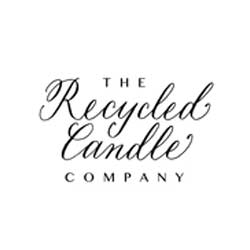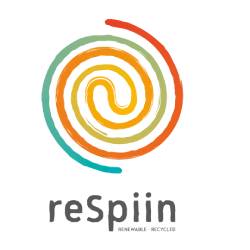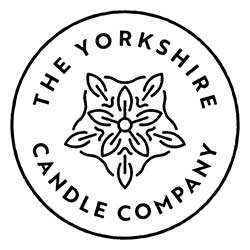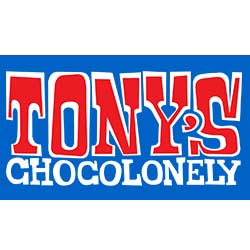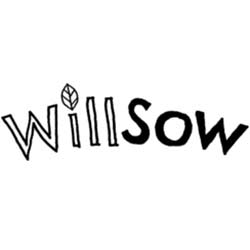At Fair Trader, sustainability is one of our biggest concerns for the planet. Sustainability affects how we source new products and suppliers, and every new business we work with must meet our criteria for responsible production. When assessing Fair Trader suppliers, we look at their entire process, from sourcing raw materials to creating the finished product and disposing of waste.
We believe that paying people a fair price is essential in helping to protect the environment. Increasing the standards in working environments and promoting training and education encourages environmentally-sustainable production. Fairtrade empowers people to take control of their lives and supports them in adapting to more sustainable processes.
The three pillars of business sustainability are:
- Environmental protection: Reducing carbon footprints, water usage, and wastage.
- Social development: Fair, ethical and responsible treatment of employees.
- Economic development: Successful businesses that follow the other sustainability principles.
What is Sustainability?
Sustainability is our ability to use the resources we require without depleting resources needed for future generations. Sustainability means we must think of resources as finite, so great care must be taken to ensure we are using them carefully and conserving them for the future. Sustainability is essential for our short and long quality of life. We cannot continue to use resources at the same rate without compromising our ecosystems. By focusing on sustainable production, we can create a better, cleaner, healthier future for everyone.
For businesses, being sustainable means finding a balance between economic growth and ecological impact. To be a sustainable business, a company must create their products without negatively impacting the environment, the community or society.
Our assessment process examines the main impacts for the products we sell – both good and bad – on people, the environment and the local economy, from raw materials to finished product, use and disposal.
Product
- Economic
- Environmental
- Social
- Traceability
Supply Chain
- Ethical
- Make a difference
- Transparency
Owned and democratically run by our 650+ members, we develop and promote fair trade for a more equal world, working in solidarity with the international co-operative movement and those who believe in environmental and social responsibility and caring for communities.
Fair Trader Suppliers with a High Economic Impact
Aura Que
Designer Laura Queening works directly with charity and fair trade producer groups in Nepal, providing much-needed jobs in an area hit hard by earthquakes.
Their factory provided shelter for employees whose homes were destroyed and employs 70 workers, of which 20 are full time.
Dark Woods Coffee
Local start-up creating three part-time jobs and occupying a refurbished mill with significant capital investment.
All the coffee beans are imported on fair trade terms directly from estates they know and have visited personally such as Café Femenino Peru, who in turn have a positive impact on their local community.
Namaste
Namaste is a small company focused on helping to reduce poverty by supporting trade in the developing world. Since Namaste began 20 years ago, they have helped over 100 producers in Nepal, India, Kenya and Vietnam to set up and grow their businesses.
Namaste works directly with disadvantaged and marginalised suppliers to help them develop their businesses, and in turn, become financially stronger and more independent.



